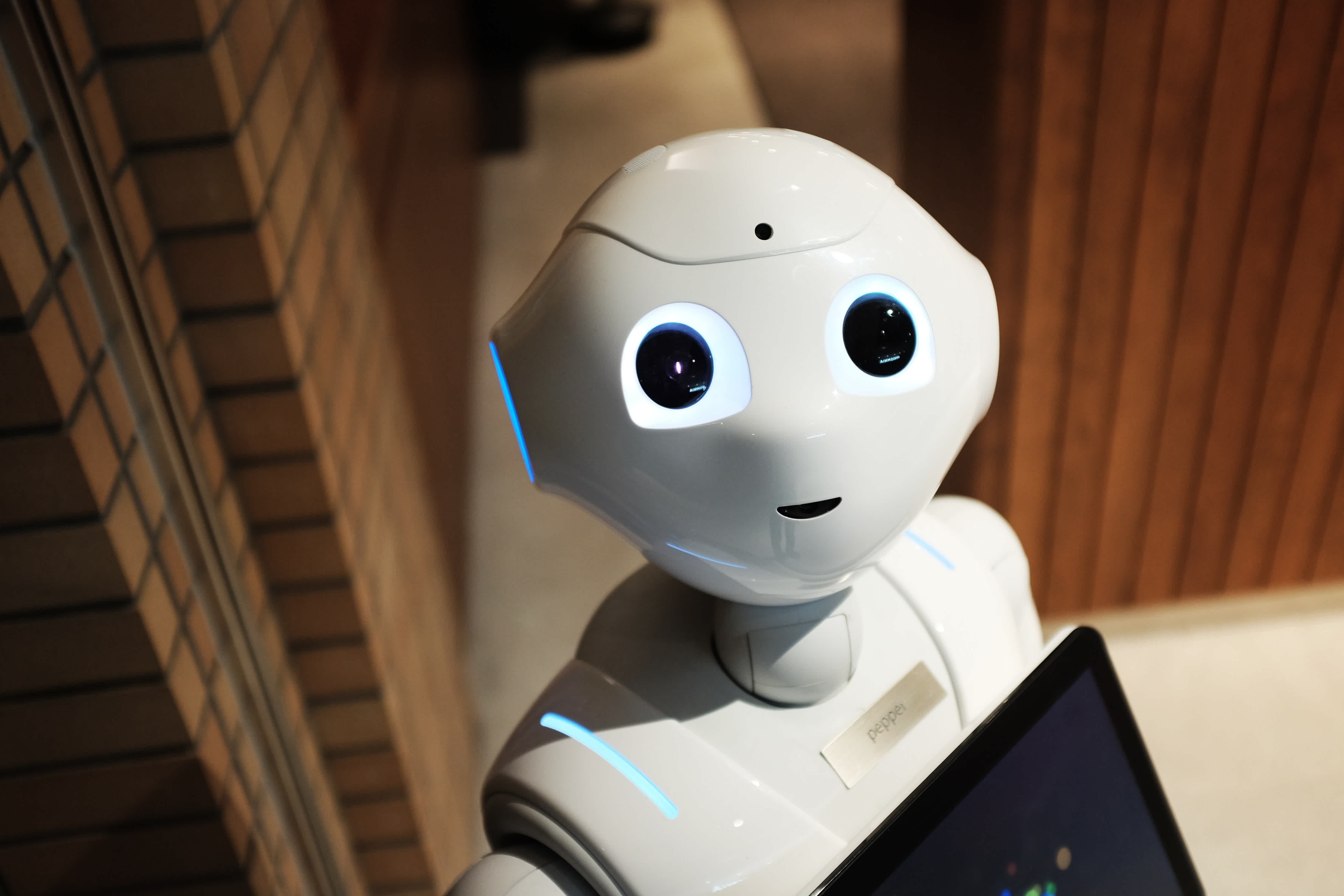

prince Codemon
Jan 28th 23
Understanding the Basics of Artificial Intelligence (AI)
Artificial Intelligence (AI) is a rapidly growing field that has the potential to revolutionize the way we live and work. At its core, AI is the simulation of human intelligence in machines that are programmed to think and learn like humans. From self-driving cars to virtual assistants, AI is already making our lives easier and more convenient. But what exactly is AI, and how does it work?
The history of AI can be traced back to the 1950s, when researchers first began exploring the possibility of creating machines that could think and learn like humans. Early AI research focused on creating rule-based systems that could perform specific tasks, such as playing chess or solving mathematical problems. However, these early AI systems were limited in their capabilities and could only perform a specific set of tasks.
In recent years, the field of AI has advanced significantly with the development of new technologies such as machine learning and deep learning. Machine learning is a type of AI that enables machines to learn from data, without being explicitly programmed. Deep learning, on the other hand, is a subset of machine learning that uses neural networks, which are modeled after the human brain, to learn from data.
Today, AI is used in a wide variety of applications, from healthcare and finance to manufacturing and transportation. For example, AI-powered virtual assistants like Siri and Alexa are becoming increasingly popular, while self-driving cars are being tested on the roads. In the healthcare industry, AI is being used to analyze medical images and assist with diagnostic tasks. In the financial sector, AI is being used to detect fraudulent transactions and predict stock market trends.
The future of AI is incredibly exciting, with many experts predicting that it will continue to revolutionize the way we live and work. Some experts believe that AI will eventually become so advanced that it will be able to perform tasks that are currently thought to be the exclusive domain of humans, such as creative problem-solving and decision-making. However, as with any new technology, there are also concerns about the impact of AI on jobs and privacy.
In conclusion, AI is a rapidly growing field that has the potential to change the way we live and work. While the technology is still in its infancy, it has already begun to make an impact in a wide variety of industries. As the field of AI continues to evolve, it will be interesting to see how it will shape the future and what new applications will be developed.